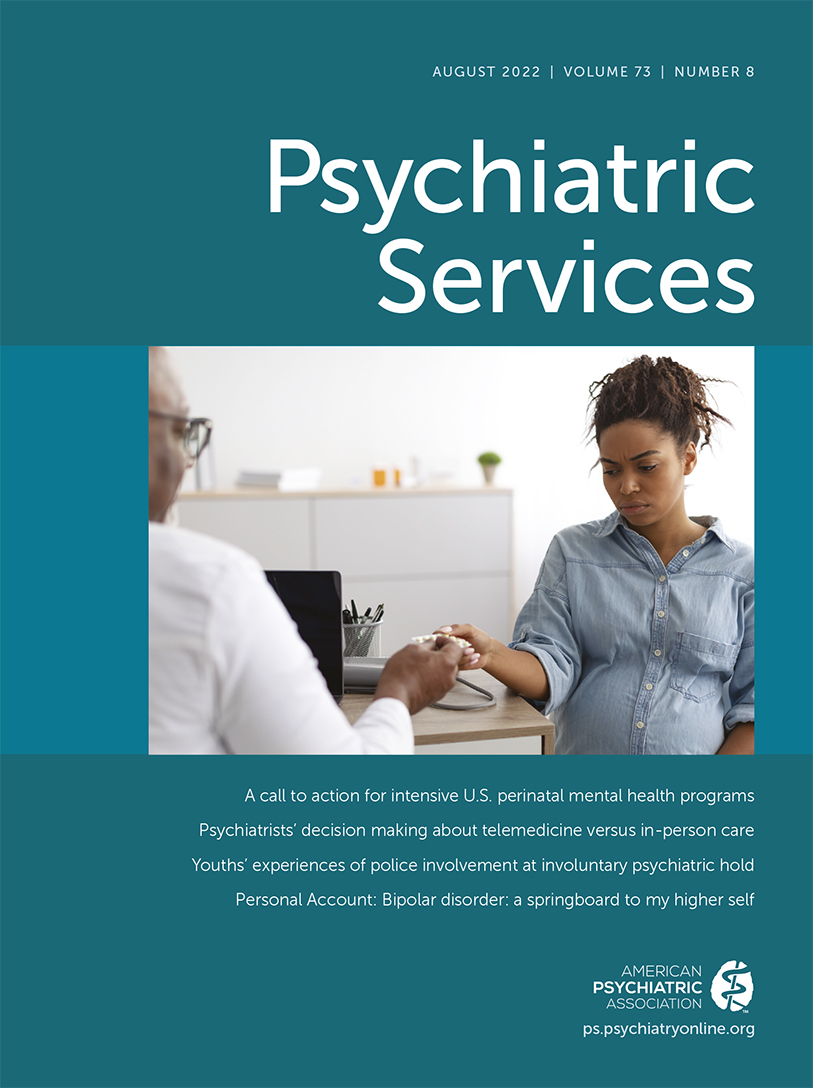Implementation Potential of Moral Reconation Therapy for Criminal Recidivism in Mental Health Residential Programs
Abstract
Objective:
Criminal recidivism is common among patients in mental health residential treatment programs. Moral reconation therapy (MRT) has empirical support for reducing criminal recidivism by modifying antisocial cognitions and behaviors; however, its implementation potential in noncorrectional settings has been rarely studied. This potential was examined in a three-site effectiveness-implementation trial of MRT for justice-involved veterans receiving residential mental health treatment in the U.S. Veterans Health Administration.
Methods:
Semistructured interviews were conducted with 36 veterans who received MRT and 13 residential program staff who were involved in its implementation during the trial. Interviews were guided by the RE-AIM (reach, effectiveness, adoption, implementation, and maintenance) framework and a focus on patient engagement and context. Content analysis was used to identify facilitators of and barriers to MRT implementation in residential mental health treatment.
Results:
Participants viewed MRT as unique and complementary to usual residential care, with benefits beyond recidivism reduction. However, time intensity of the MRT curriculum, challenges in adapting its content and format, and long-term costs of maintaining MRT were viewed as barriers to implementation. To facilitate implementation, participants suggested streamlining the MRT curriculum, adding motivational components, and establishing partnerships in- and outside the health care system.
Conclusions:
The findings suggest strategies and modifications to MRT, which, if shown to be effective, may facilitate its wider implementation in mental health residential treatment programs.



